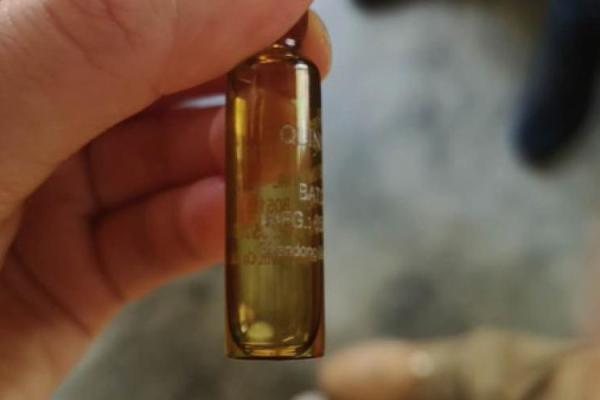Both mothers were given Angusta when they were already in labour, which is against the drug's instructions. Many hospitals in Germany still use it in this way, causing serious complications.
The cross-border team spoke to families, midwives and doctors affected, and reviewed studies. One midwife reported a sharp increase in emergency caesareans after using the drug's active ingredient, but her concerns were dismissed. She says she is under pressure to administer Angusta even during active labour.
Angusta's troubled history dates back to Denmark, where it was approved under questionable circumstances and then spread across Europe.
The investigation found that the drug should never have been approved because a key trial failed. Yet hundreds of women in Germany receive it every day to induce labour. How is this possible?
Photo credit: Anna Ziegler
-----------------------------------------
IMPACT
In the aftermath of the investigation’s publication in Zeit and ZDF, the BfArM wrote in a statement on June 27th 2025 that it saw an increase in reports about adverse side effects connected to the use of Angusta, such as "uterine hyperstimulation, reduced fetal heart rate, premature placental detachment, uterus rupture, neonatal asphyxia.” These can cause severe complications around birth. Another post by the Institute reminded doctors: "Angusta is only approved for birth initiation. The use of birth already started or in the case of regular and painful labor is contraindicated. Angusta may only be administered by trained medical personnel in hospitals where there are possibilities for continuous monitoring of the fetus and uterus." According to Steffi Unsleber, “this is a strong confirmation that the concerns we raised were valid and taken seriously by the authorities,” adding, “it’s encouraging to see our work contributing to greater awareness and patient safety."





